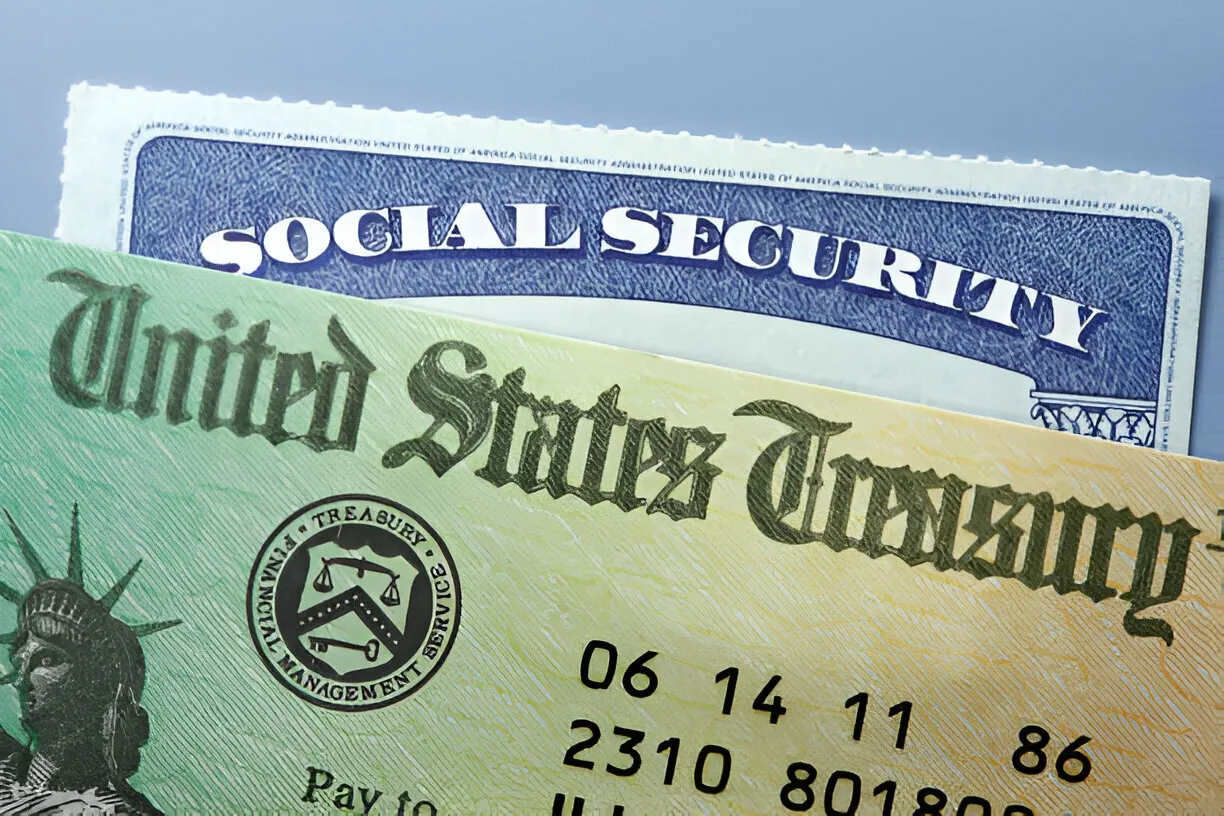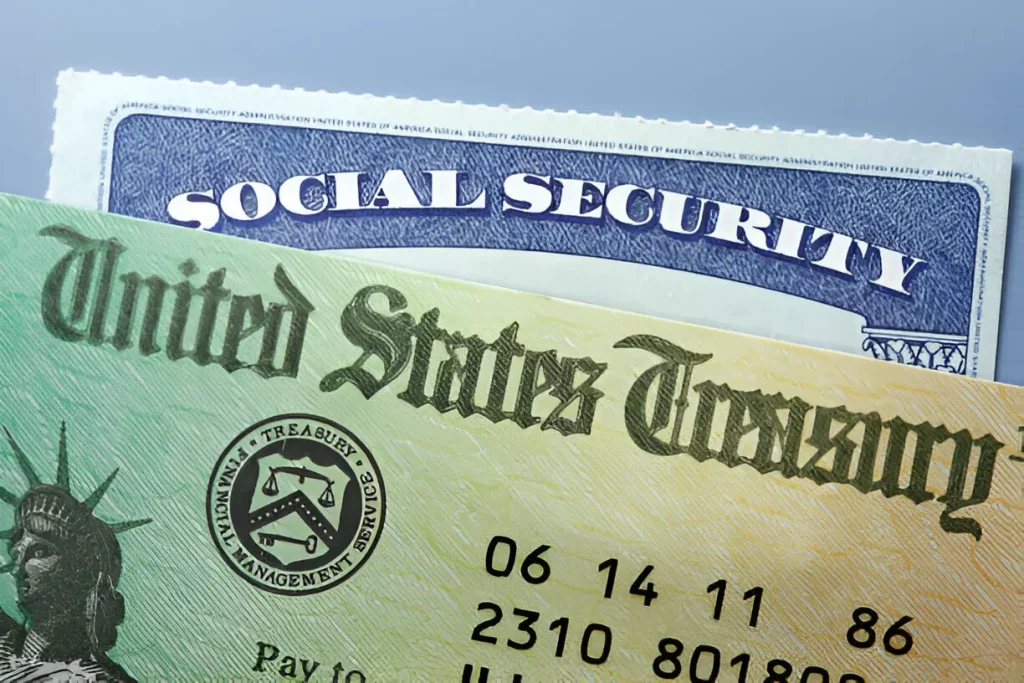If you opened your bank account this July expecting the usual Social Security deposit and found it was smaller than last month, you’re not imagining things. Millions of Americans are seeing reduced Social Security payments, and the reason isn’t a cut to your benefits — it’s something happening behind the scenes with Medicare deductions, inflation, and repayment policies.
Let’s break it down in plain English so you know exactly what’s going on — and what you can do about it.
What’s Causing the Smaller Checks?
First off, your Social Security benefit amount hasn’t been slashed. The issue is what’s being taken out of your check before it hits your bank account. And this July, Medicare premiums are a major culprit.
In 2025, Medicare Part B premiums jumped to $181.80 per month, up from $174.70 in 2024. For most retirees, this cost is automatically deducted from their Social Security payment. So, even if your gross benefit stayed the same, your take-home amount is now smaller.
Also, if you’re enrolled in Medicare Part D (for prescriptions) or a Medicare Advantage Plan, those premiums may have also increased, and any changes to your plan could have triggered higher deductions this month.
That COLA Boost from January? It’s Not Helping Much Now
Back in January, many seniors saw their monthly benefits increase thanks to the 3.2% Cost-of-Living Adjustment (COLA). It was meant to help offset inflation — but many people are now realizing that the extra dollars they got earlier this year have been completely eaten up by rising costs in food, energy, insurance, and housing.
Worse yet, economists are already warning that the next COLA for 2026 could be much smaller, possibly under 2%. That means even less cushion for next year if prices keep going up.

Surprise Deductions from the Social Security Administration
Some recipients are getting hit with something even more frustrating: clawbacks.
If the Social Security Administration (SSA) believes you were overpaid at some point — whether it was due to a clerical error, a change in income, or other factors — they’ll deduct the overpaid amount from your future checks, sometimes without much warning. This can be hundreds of dollars in some cases, and it often catches people off guard.
Although the SSA promised last year to give beneficiaries more flexibility and better communication, many seniors are still seeing unexplained reductions in their checks.
What You Should Do Right Now
If you’re one of the millions noticing your check is lower, here are the steps you should take:
-
Log into your “My Social Security” account at to check your payment breakdown.
-
Look at Medicare deductions, including Parts B and D, to see if there’s been an increase.
-
If you’re subject to IRMAA (income-related monthly adjustment amount), you may be paying extra for Medicare without realizing it.
-
Call the SSA at 1-800-772-1213 to clarify any unexpected deductions or overpayment recovery.
-
If you’re struggling, consider applying for Medicare Savings Programs, Extra Help for prescriptions, or state-based aid like SNAP or utility assistance.
The Bigger Picture
This July has brought an unexpected reality check for retirees: your Social Security check might be the same on paper, but less in your pocket. As costs rise and automatic deductions increase, it’s more important than ever to keep a close eye on what’s happening to your monthly benefit.
The government isn’t cutting Social Security — but many recipients are feeling the squeeze all the same. And unless Medicare costs stabilize or a stronger COLA is announced for 2026, the pressure on fixed incomes is likely to grow.



